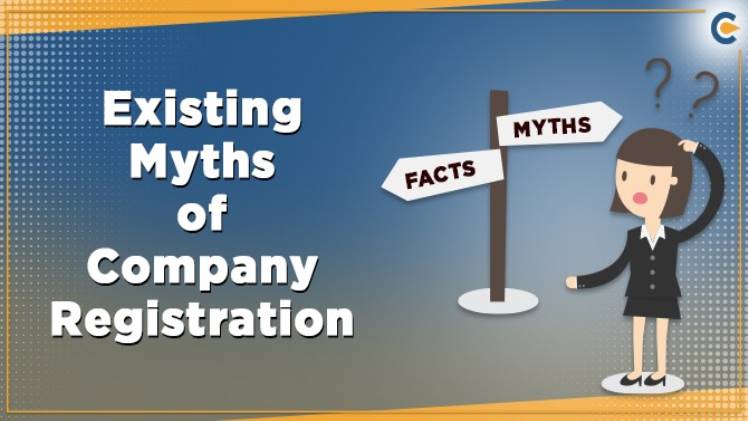Famous Myths About Registering a Private Limited Company

India has 126 registered businesses in every registered company because most enterprises are partnerships or sole proprietorships. Despite introducing new legal entities, such as Limited Liability Partnerships and Person Companies, the acceptance of corporate entities is lagging in the eyes of Indian entrepreneurs.
Read more: Rajkotupdates news Government May Consider Levying Tds Tcs on Cryptocurrency Trading
A common misconception and myths about the maintenance of corporate entities in India encourage many entrepreneurs to begin their business as a Proprietorship or Partnership and then change it to a Private Limited Company. We discuss some of the myths that are commonly cited concerning the concept of a Private Limited Company. Visit here for more descriptions of Bryce Laspisa
1. Private limited company is more expensive
The incorporation process of a Private Limited Company used to be expensive a couple of years ago when professional firms would charge close to Rs.50,000 to incorporate the Private Limited Company. With the rise of the web and a competitive marketplace, a Private Limited Company can be formed at an affordable price by using platforms like Taxtolegal.com.
Additionally, entrepreneurs who want to establish a small-scale business could sign up for a Limited Liability Partnership (LLP). The cost of all-inclusive LLP registration charges is little less than private limited company. LLP can protect limited liability, transferability, and a separate legal company – features not offered to an individual partnership or proprietorship firm.
3. Proprietorship and Partnership have lower tax rates
Partnership companies, Limited Liability Partnership, One Person Companies, Private Limited Companies and Limited Companies are subject to the same tax rates of 30 per cent in India. Therefore, there is no advantage in incorporating an LLP or a Partnership compared to an LLP or Private Limited for reducing tax liability. To know more click Dinar
Proprietorships can be taxed in the same way as people in India. So, the tax rate for income is calculated on the income slab. Generally, it will tax the revenue of 2.5 – 5 lakhs and less 10%. 5 thousand to 10 lakhs are assessed at 20 cents, and any amount above the threshold of 10 lakhs will be taxed as 30 cents.
So, for many small and medium-sized companies that earn income, the savings from income tax would be minimal compared to the advantages lost because of incorporation into the Proprietorship.
4. Proprietorship and Partnership do not require an audit
Proprietorships and Partnerships have also been required to file audit reports, provided that specific requirements are satisfied. Partnership and Proprietorship firms must submit the tax audit report when the annual turnover exceeds Rs.1 million or the Proprietorship does not earn an 8% profit during the year. On the other hand, private limited companies must have their financial statements audited every financial year, regardless of revenue or sales.
2. Shareholder meetings are required to be held regularly
Every Private Limited Company has to hold a General Meeting for the year, and Board Meetings could be required when special resolutions have to be adopted. The conduct of An Annual General Meeting or Board Meeting is a process that takes time and effort.
Meetings to ensure you can swiftly complete legal compliance for the Private Limited Company in only a few minutes in the course of business without any additional effort. So, holding annual general board meetings should be easy for entrepreneurs to decide to create a private limited company to begin conducting business.





